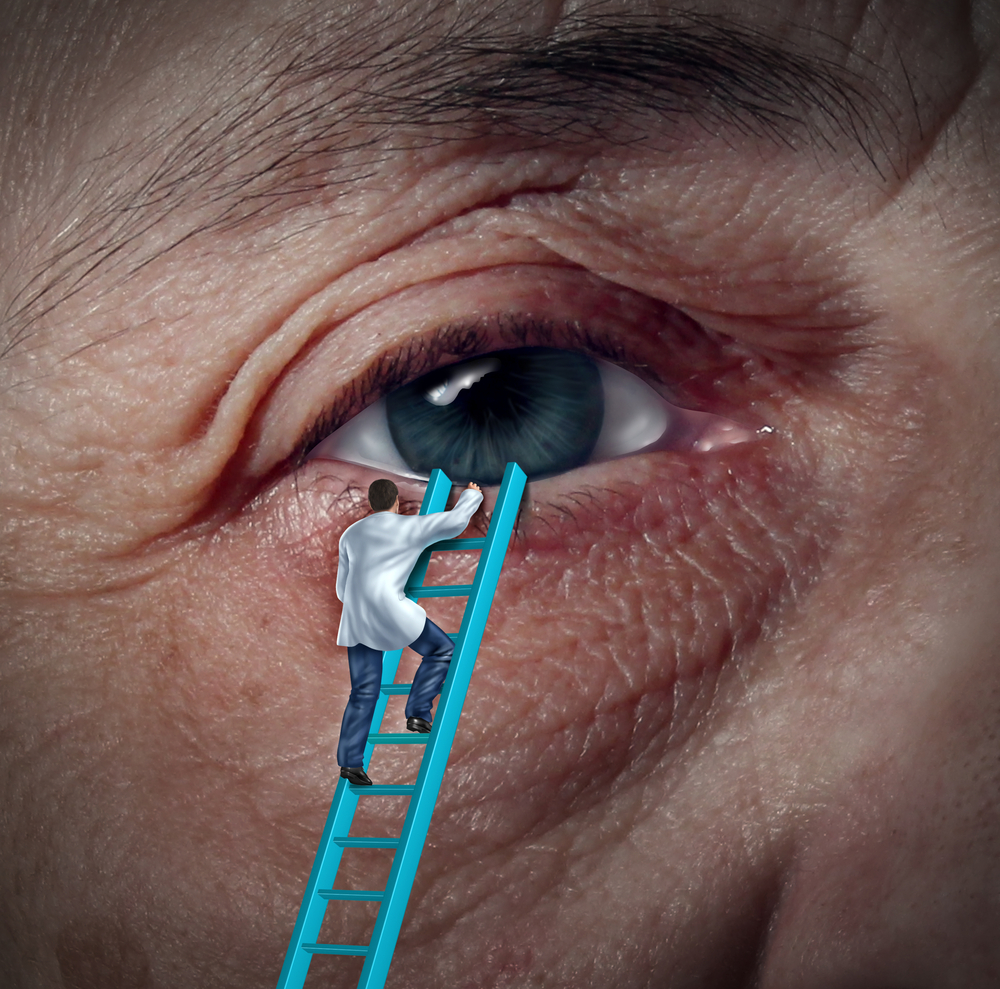New study examines the relationship between senior vision and healthcare.
Many people know that, as we begin to age and enter into our senior years, certain senses and health abilities begin to slowly fade. When looking at vision problems specifically, many eye diseases such as macular degeneration, cataracts, diabetic retinopathy and glaucoma all begin to become more common with age, and some are even caused by the aging process itself. In fact, by age 80, more than 22 million Americans will either have cataracts or have had cataract surgery already. Luckily, technological advances are keeping up with these vision problems are working hard to treat them.
 According to a report published by JAMA Ophthalmology, a JAMA Network publication, many technological advances have occurred in the past few decades to make certain age-related eye diseases preventable, treatable and, in the case of cataracts, reversible. This gives many seniors the opportunity to maintain strong vision well into their golden years, without having to worry about the damaging effects of many of these diseases.
According to a report published by JAMA Ophthalmology, a JAMA Network publication, many technological advances have occurred in the past few decades to make certain age-related eye diseases preventable, treatable and, in the case of cataracts, reversible. This gives many seniors the opportunity to maintain strong vision well into their golden years, without having to worry about the damaging effects of many of these diseases.
However, while this technology may be available to everyone, it is not exactly accessible to every senior. Findings in the JAMA Ophthalmology study found that not all older individuals have access to the eye care they need to treat these age-related vision problems. Here is a look further into the study’s findings:
“The study sample included U.S. participants in the 2002 and the 2008 National Health Interview Survey who were at least 40 years old and reported any age-related eye disease. According to study results, in 2002, persons with age-related eye disease and a poverty-income ratio of less than 1.50 were significantly less likely than those with a PIR of at least 5 to report visiting an eye care clinician or undergoing dilated eye examination in the past 12 months. Similarly, persons with less than a high school education were less likely than those with at least a college education to report a visit to an eye care clinician or dialed eye examination.”
– Report published by JAMA Ophthalmology
It with this idea in mind that OCLI takes extra steps to help those who may not have access to the information or resources needed to improve their eye health by offering help. In 2010 we founded VisionHarvest. This 501c3 non-profit provides free cataract surgery for those that are uninsured and can’t afford to pay.
“Individuals with cataracts and poor eyesight don’t have the time to waste to wait until the government steps in, these patients require medical intervention sooner rather than later.” said East Hanover ophthalmologist, Cary M. Silverman, M.D. who organized the event. “Our goal is to make sure that any vision impaired person without insurance or financial resources learns about this remarkable program.”
To learn more about VisionHarvest and learn about how you can donate and help out a person in need, be sure to visit our VisionHarvest website.